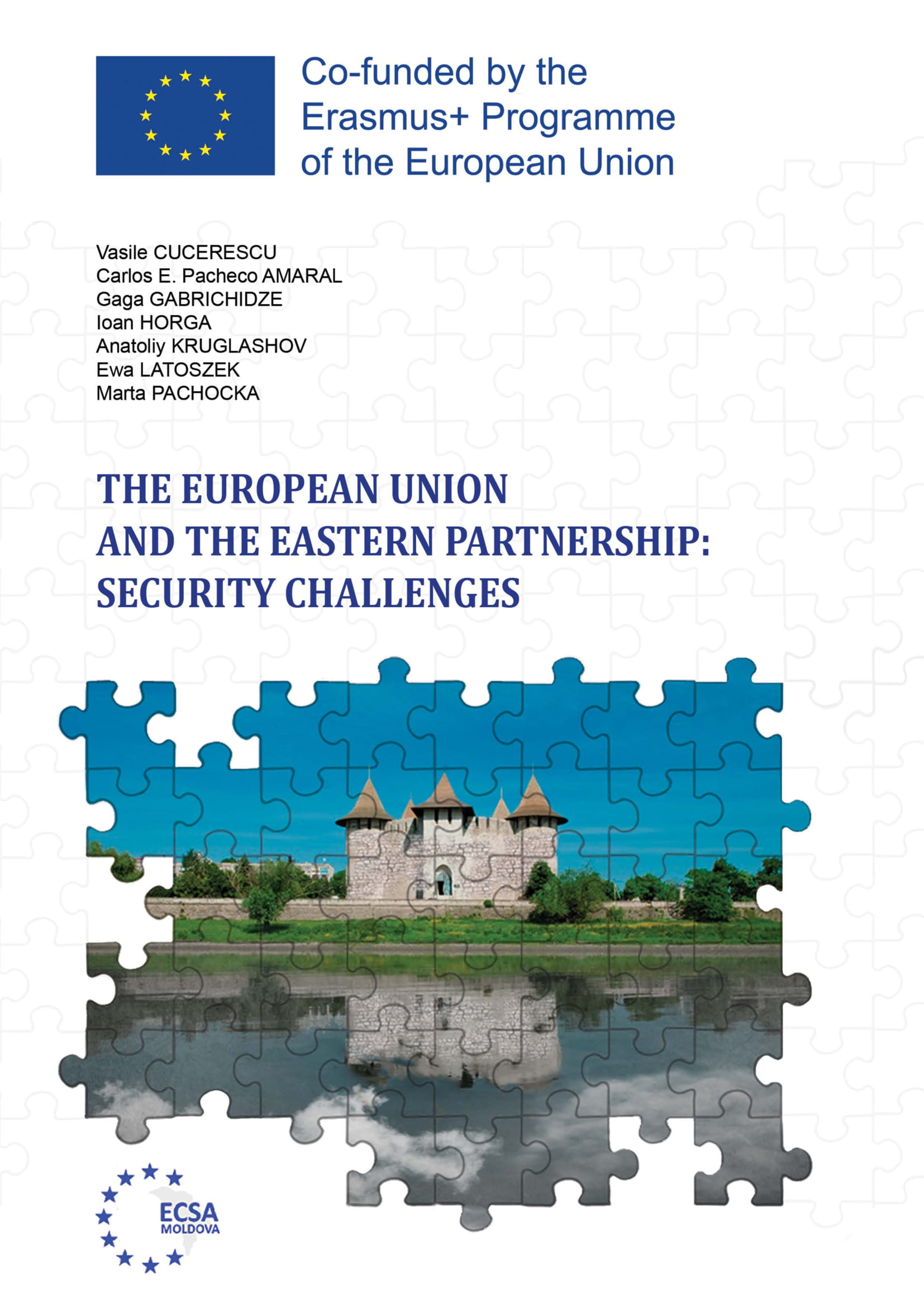SOCIETAL SECURITY AND STATE-BUILDING IN THE REPUBLIC OF MOLDOVA: COMPLICATIONS FOR REGIONAL AND EUROPEAN CONTEXTS
SOCIETAL SECURITY AND STATE-BUILDING IN THE REPUBLIC OF MOLDOVA: COMPLICATIONS FOR REGIONAL AND EUROPEAN CONTEXTS
Author(s): Octavian ŢîcuSubject(s): Politics / Political Sciences
Published by: Editura Universitatii din Oradea
Keywords: societal security; state/nation-building; European Union; Romania; Russia
Summary/Abstract: “Societal security” is the umbrella term for efforts to cope with modern security threats to society and the concept as such, which was formulated to account for the phenomenon of societal identity and cohesion as sources of instability. The present paper approaches the question of Moldova’s societal security by taking into consideration the historical implications and interferences from the various processes of state/nation-building, which have modelled recently the present shape of the Moldovan state as well as its configuration and complications in the geopolitical context. The Republic of Moldova was never an independent political entity until 1991. Its fate was inextricably linked to that of the Romanian medieval state of Moldova, of the Ottoman Empire, of the Russian Empire, of Romania and more recently of the Soviet Union. Particularly, the confrontation between the Romanian nationalism, which wanted to “return home” its lost historical province and the Russian/Soviet imperialism, which was driven by geopolitical ambitions in the region, attested after 1812 in the case of Bessarabia, is the one which left a particular legacy on the current political and national physiognomy of the Republic of Moldova and modelled competitive state and nation-building processes. Starting from this historical aspect, the present paper tries to analyse the influence of three perspectives on the state and nation-building processes in the post-Soviet Moldova and the interference for regional and European contexts: the first one is of the Romanian orientation, which sees the Republic of Moldova as the second Romanian state and its history as part of general history of Romanians; the second is a “Moldovan” one, under which Moldovans and Romanians are two different peoples, who speak two different languages, and their histories, even if they intersected in time, had different routes, starting from ethnogenesis; and the third perspective comes from the Eastern part of Moldova, where a consistent majority of Russians controlled Transnistria and considered themselves integrally as part of Russian political and cultural world.
Journal: Eurolimes
- Issue Year: 2018
- Issue No: 23 Supl
- Page Range: 347-365
- Page Count: 18
- Language: English
- Content File-PDF

